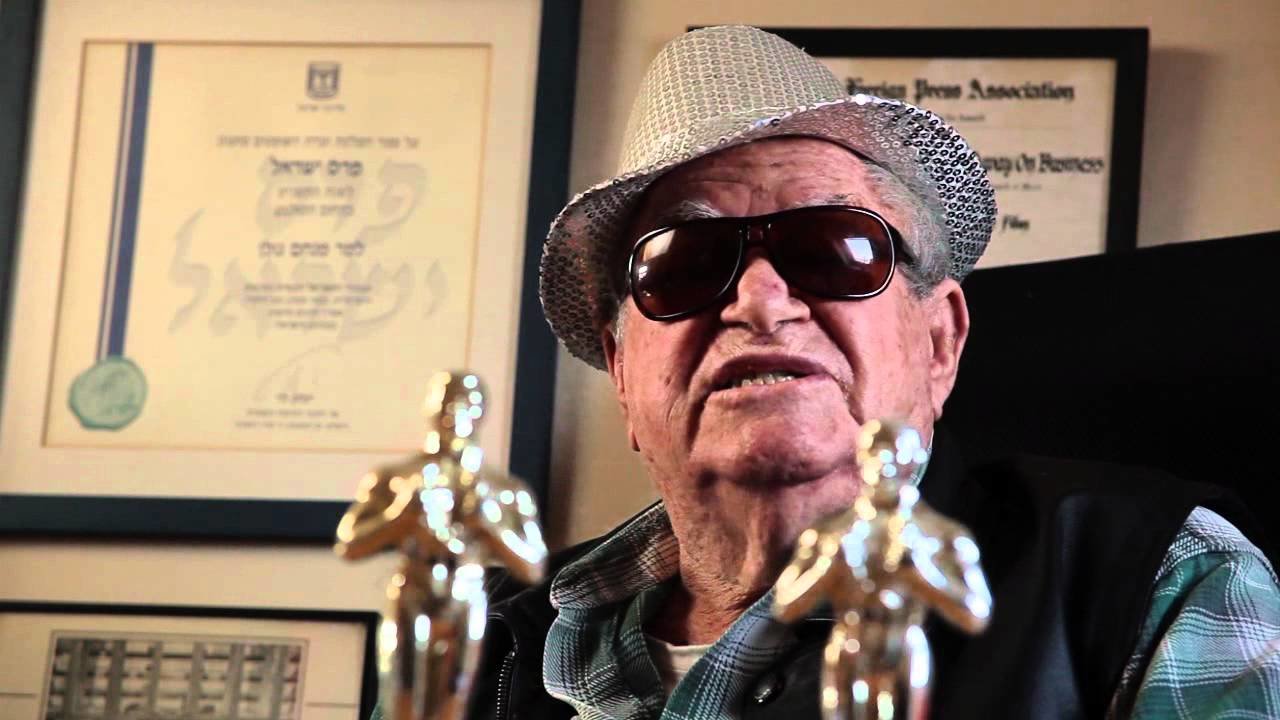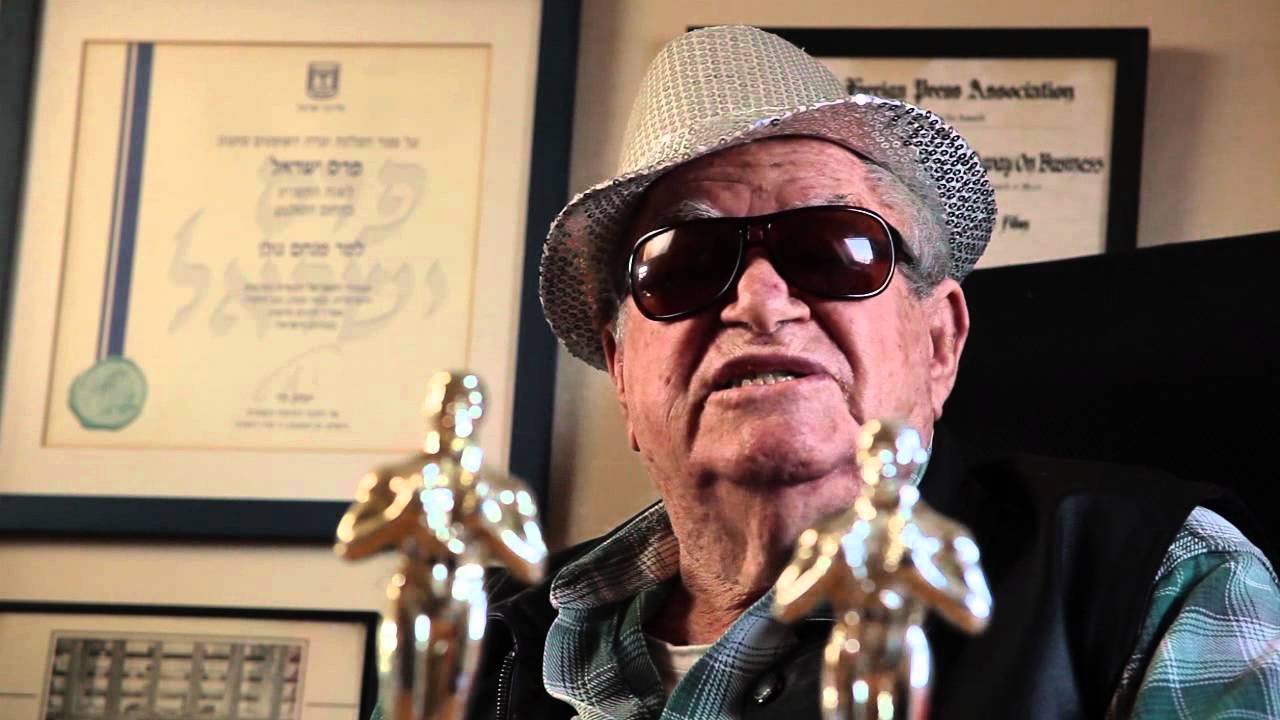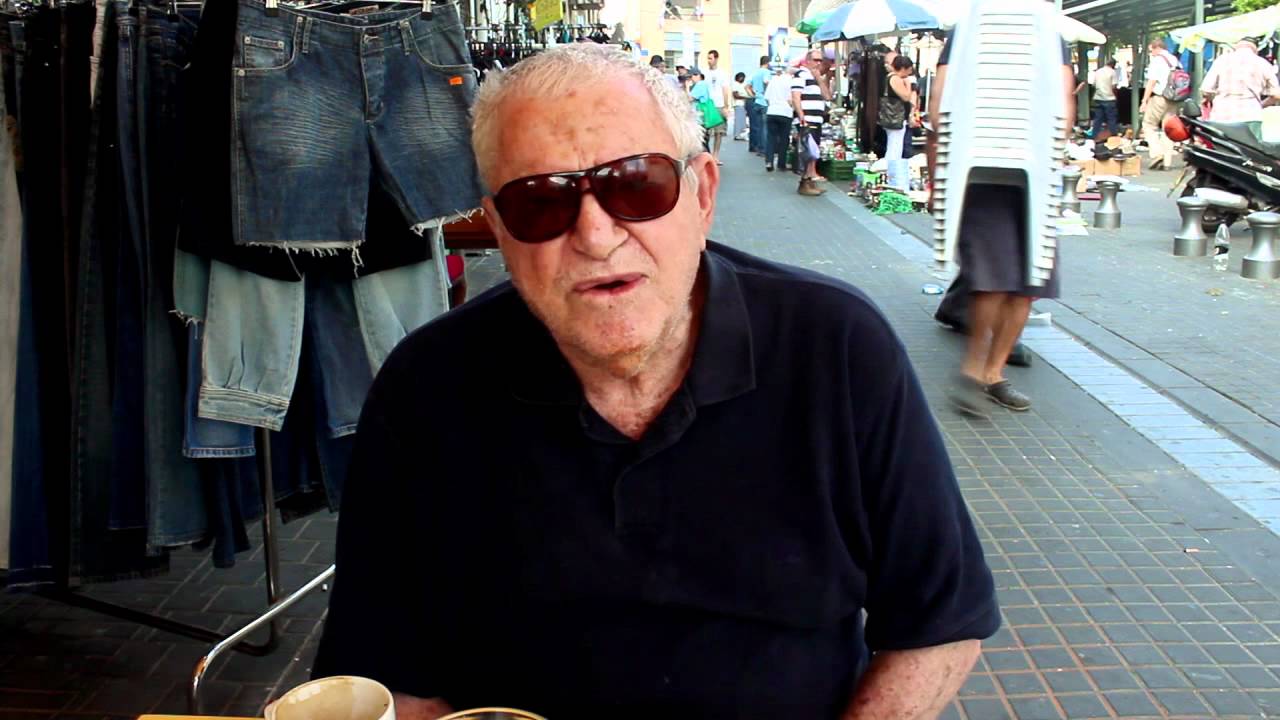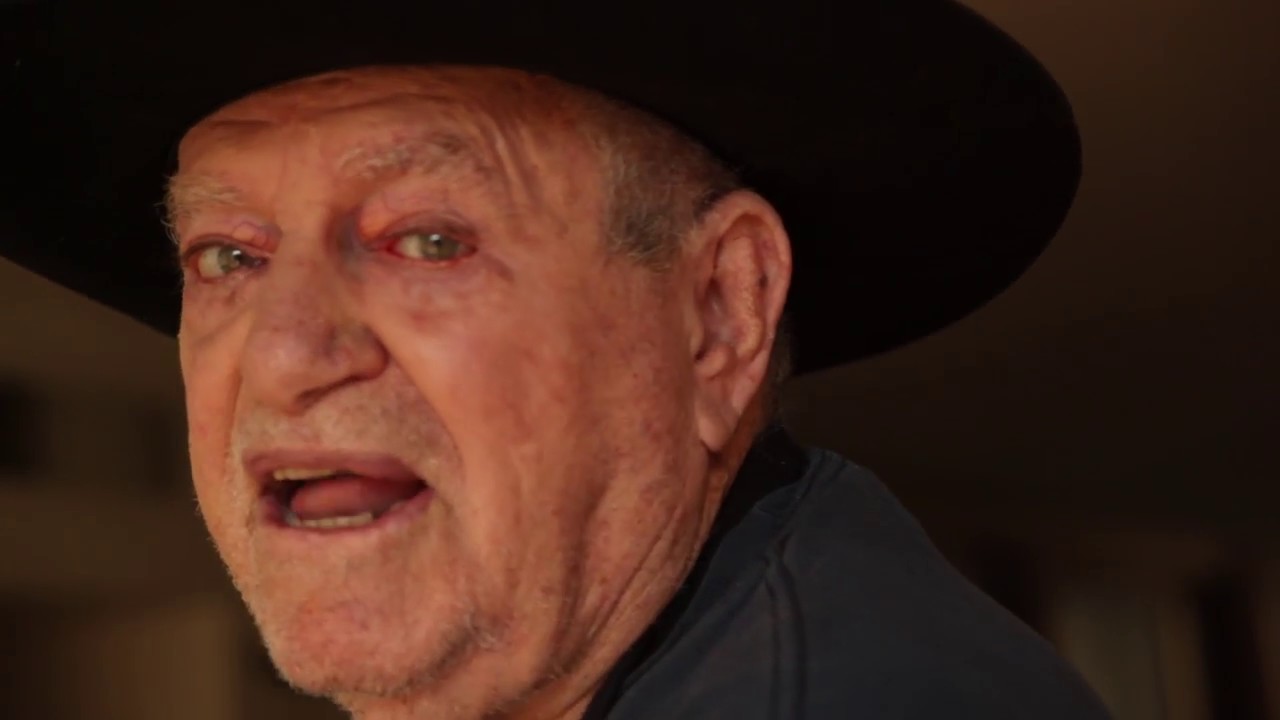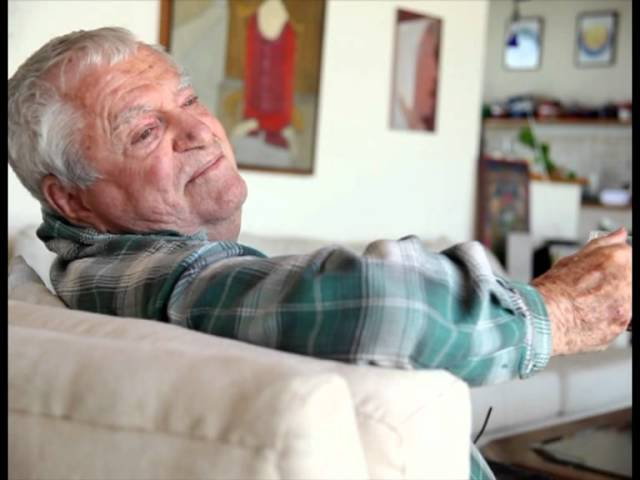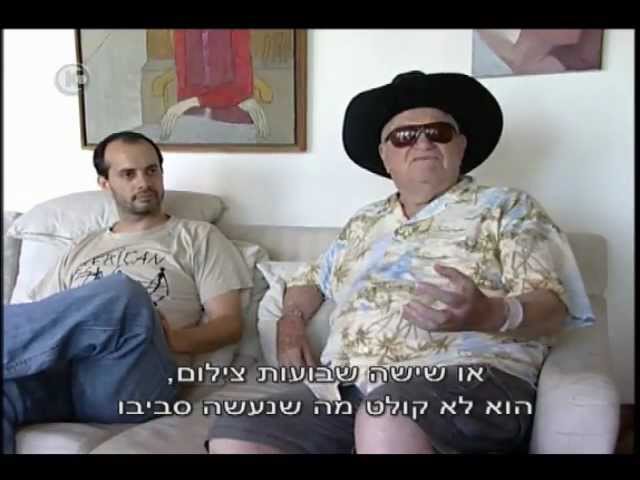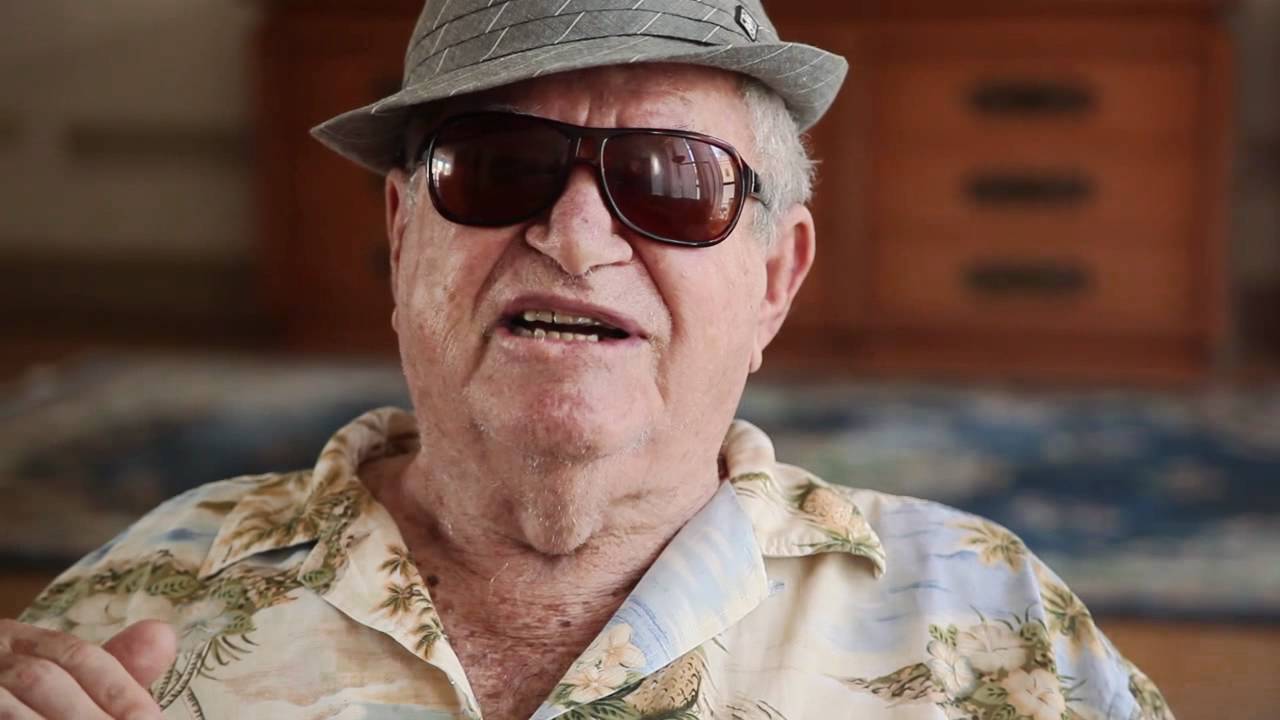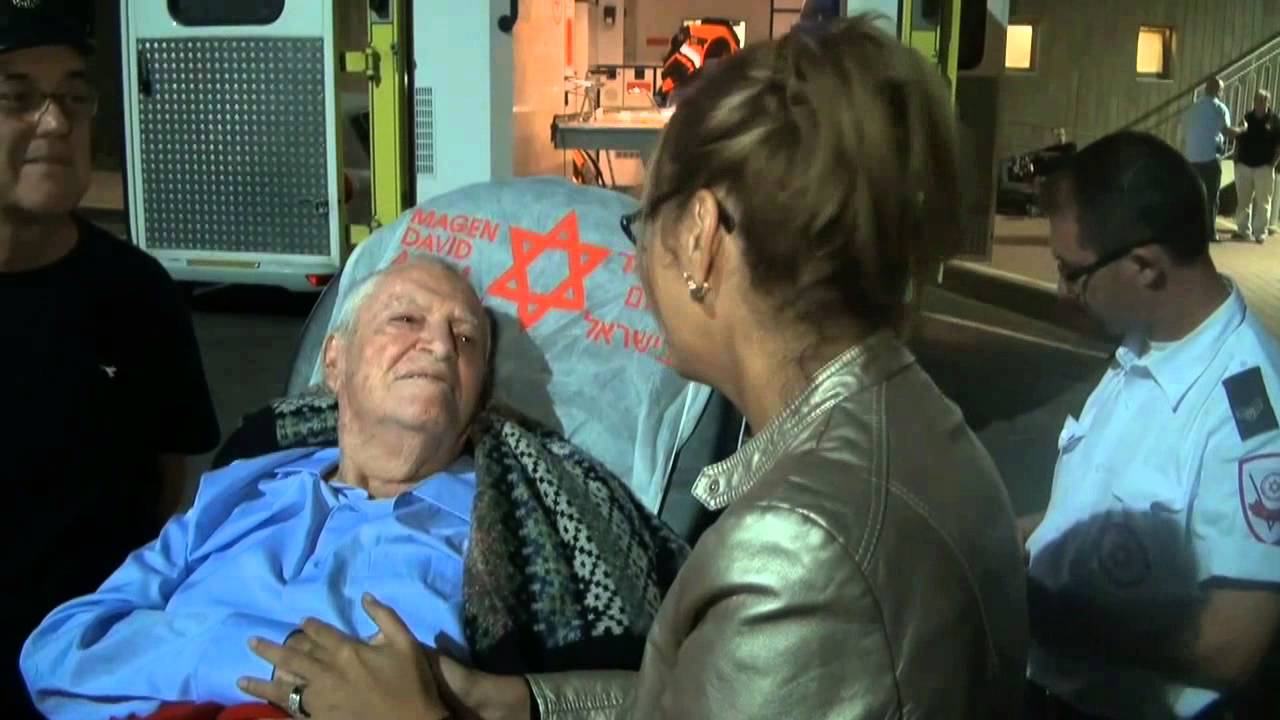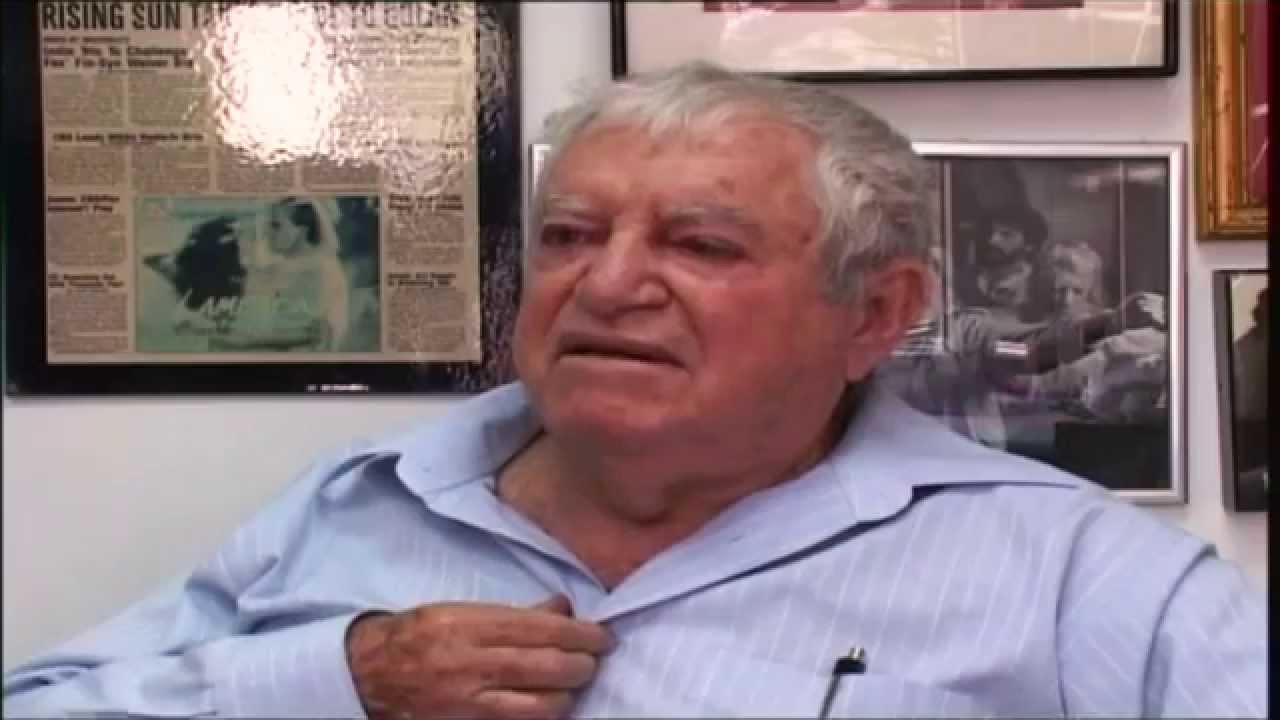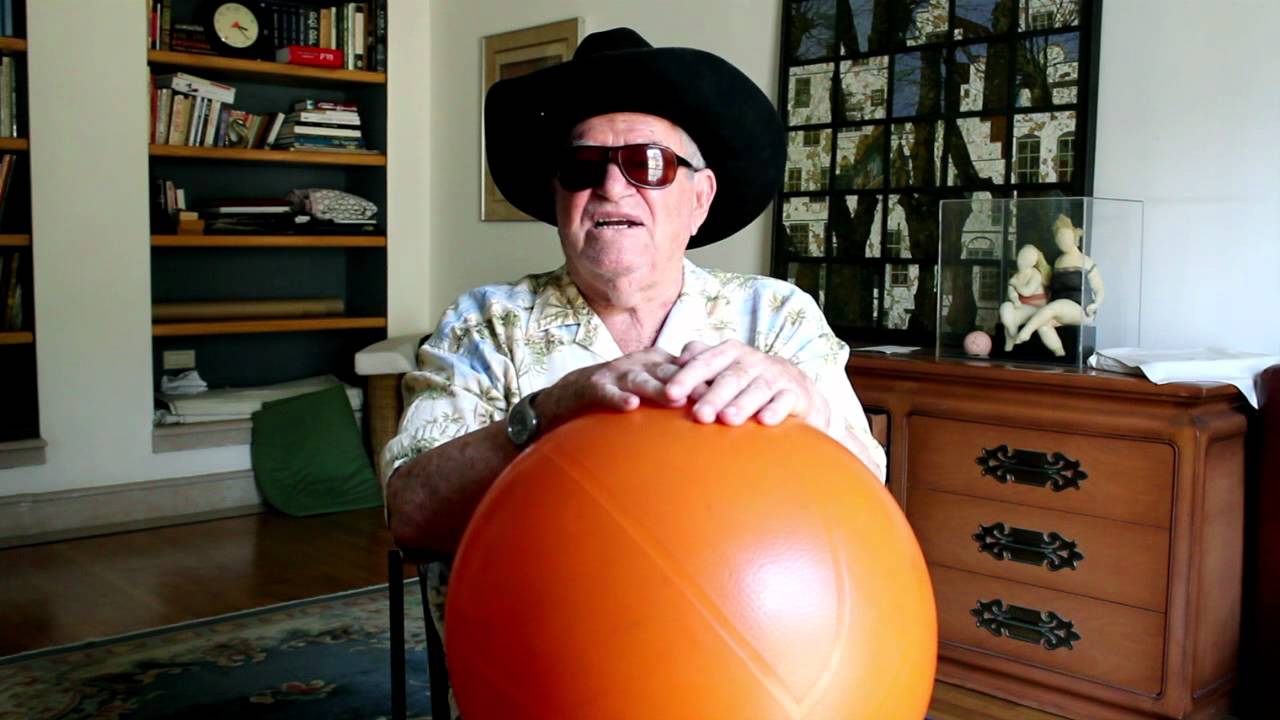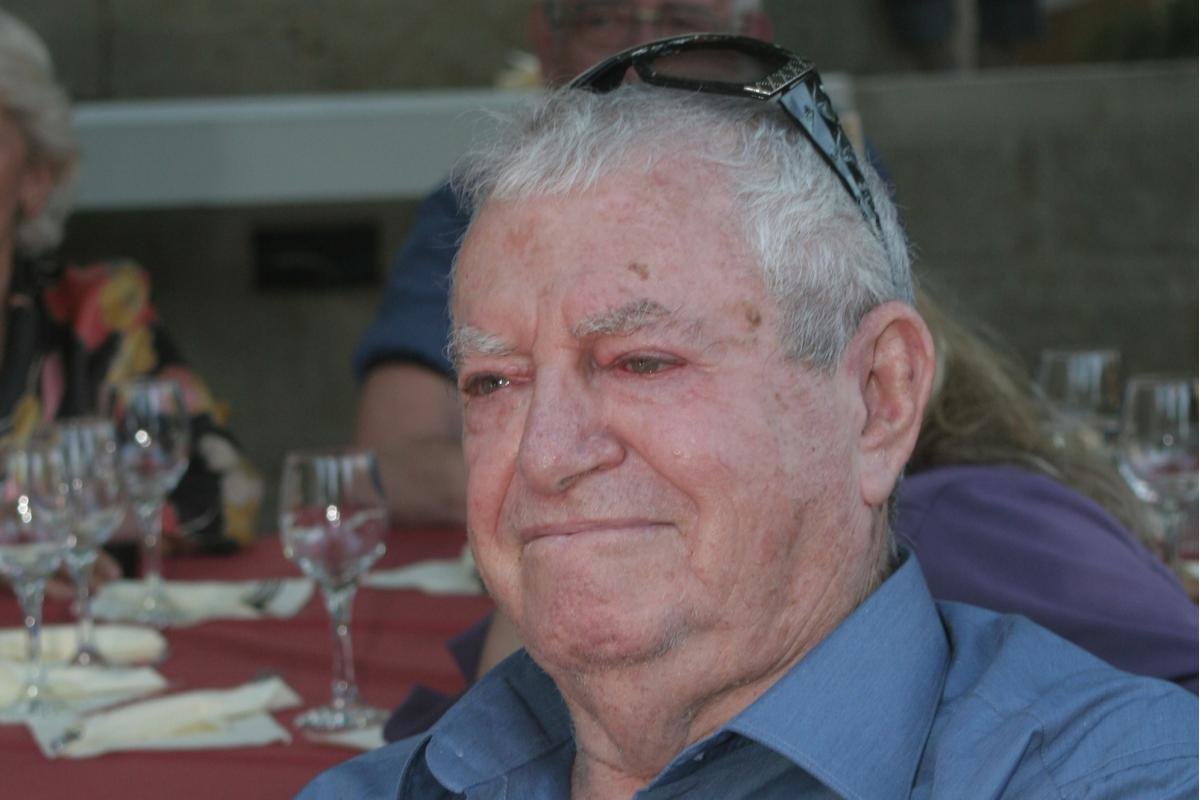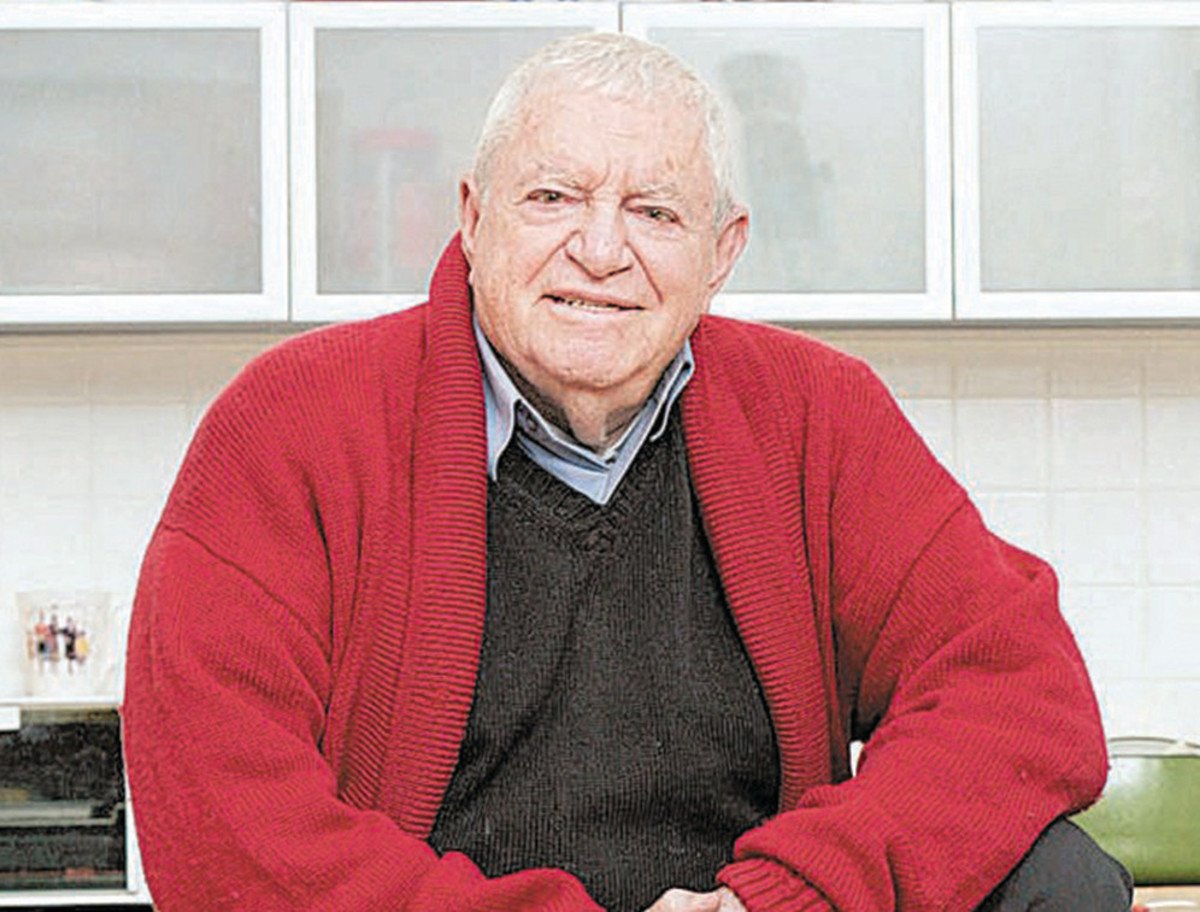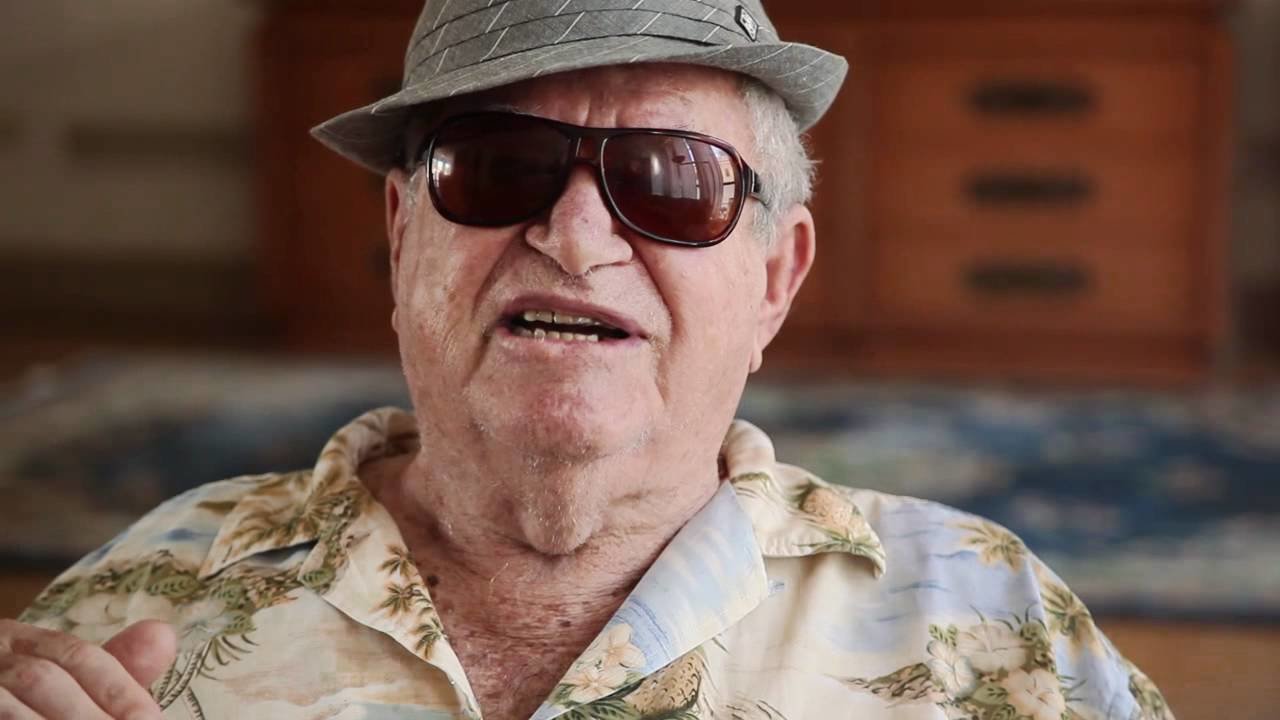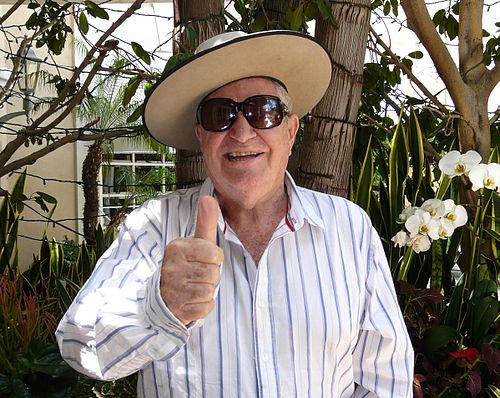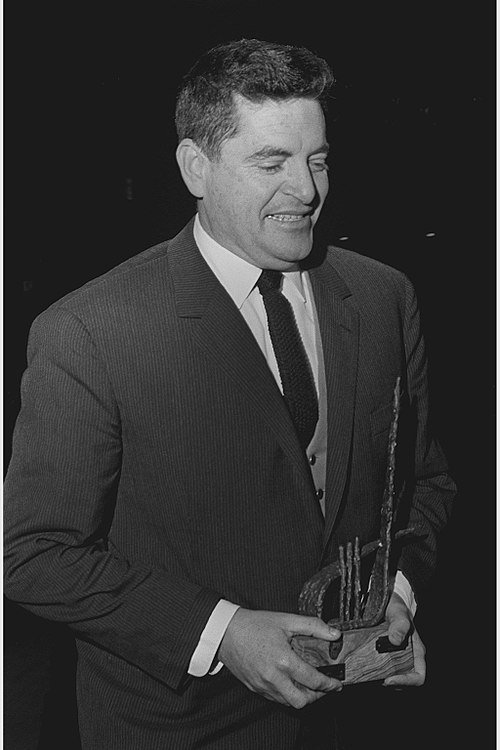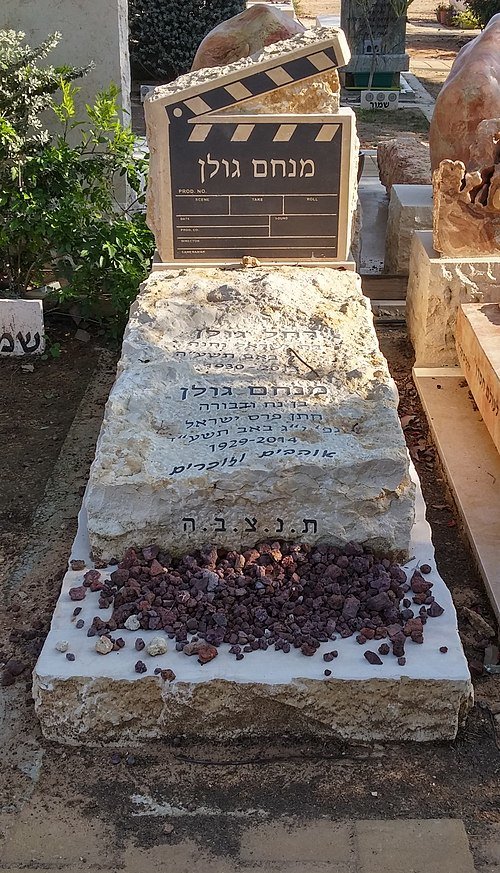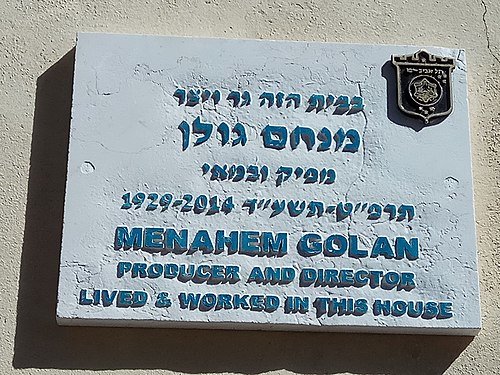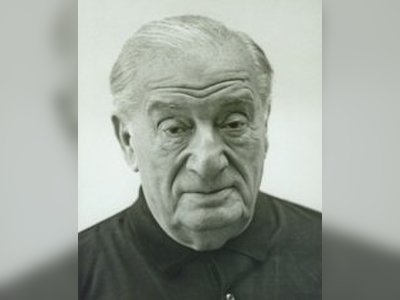Menachem Golan: A Cinematic Journey
Menachem Golan, born on May 31, 1929, and passing away on August 8, 2014, was a prominent figure in Israeli cinema, making his mark as a producer, screenwriter, playwright, and director for both film and theater.
He was one of the pioneers of the Israeli film industry, contributing significantly to its growth and recognition worldwide. Golan produced around 200 Israeli and American films and directed 44 of them. His contributions were celebrated with numerous awards, including the prestigious David's Harp Award, the Israel Prize for Cinema, and the Ophir Award for Lifetime Achievement.
Biography
Golan was born in Tiberias to parents Nachum and Devorah, who had immigrated from Poland in the early 20th century. Later on, he adopted the surname "Golan" and became one of the early recruits in the Israeli Air Force's pilot training program. During the Israeli War of Independence, he participated in battles in the Jordan Valley and the liberation of Tiberias.
After the war, Golan, in his early twenties, traveled to London to study theater. He graduated with honors from the London Academy of Music and Dramatic Art (LAMDA) and continued his education at the renowned Old Vic School. His cousin, Yoram Globus, was also involved in the film industry.
Upon returning to Israel about three years later, Golan began his career as an assistant director at "Habima," Israel's national theater. He directed plays by notable playwrights such as Peter Frye, Ephraim Kishon, and Yigal Mossinsohn. He later founded the "HaSdera" Theater and produced the successful play "Aliza Mizrahi."
In 1954, he established a theater for children called "Tiloon." Among the notable productions he directed were David Copperfield, The Sound of Music, The Beauty and the Beast, Oliver Twist, and Alice in Wonderland.
In 1960, Golan went to New York to further his education in cinema at New York University and joined a group working with producer and director Roger Corman. In the mid-1960s, he was part of the "Pink Theater," a commercial theater initiative.
Film Director
In 1963, Golan returned to Israel and directed his first film, "Eldorado," starring Haim Topol and Gila Almagor. The film earned him the David's Harp Award. In 1964, he directed the films "Dalia and the Sailors" and "Eighteen in the Sun." Around the same time, he started collaborating with his cousin, Yoram Globus, and together, they founded the production company "Silon Films."
While Globus served as the producer and distributor, Golan directed and produced numerous films. Their goal was to break into the international film market. During the 1960s and 1970s, they produced dozens of films, some of which became iconic in Israeli cinema, including "Sallah Shabati" (1964) by Ephraim Kishon, "I Love You Rosa" (1972), "The House on Chelouche Street" (1973) by Moshé Mizrahi, and "Eskimo Limon" (1978) by Boaz Davidson.
During this period, Golan directed many films, including "Fortuna" (1966), "999... Aliza Mizrahi" (1967), "My Michael" (1969), "Queen of the Road" (1970), "Lupo" (1970), "Kazablan" (1973), and "Operation Thunderbolt" (1977). "Operation Thunderbolt" achieved international success and was nominated for an Academy Award and a Golden Globe.
Hollywood Director and Producer
In 1978, Golan and Globus moved to Hollywood and acquired the small production company Cannon Group. In 1980, the company produced the film "The Apple," a futuristic musical set in 1994. While it frequently appears on lists of the "worst films ever made," it also gained a cult following. After some initial setbacks, Cannon Group began to succeed, and within a few years, Golan and Globus elevated themselves to the status of prolific producers. In 1984, they produced "The Ambassador" in Israel, starring Robert Mitchum and Rock Hudson in his final film role. In 1986, Golan directed the Hollywood film "Over the Top."
By 1987, Cannon Group reached its peak, producing 35 films in that year alone. Among them were "Masters of the Universe" starring Sylvester Stallone and "Tough Guys Don't Dance," directed by Norman Mailer based on a screenplay by Norman Mailer. In the same year, Golan also directed the film adaptation of Shakespeare's "King Lear," featuring notable actors, marking a departure from the action and thriller genre for which he was known.
Eventually, Cannon Group faced financial troubles and was sold. Golan parted ways with Globus and established his own production company, "21st Century Film Corporation." Under this banner, he produced "Captain America" (1990). However, in the early 1990s, his company ceased operations.
Return to Israel
In the mid-1990s, Golan returned to Israel and began directing musicals. Some of the musicals he directed included "Out, Out Damn Spot," "Zorba the Greek," "Aliza," "Annie," "Oliver Twist," and "The Beauty and the Beast." One of his most successful productions was "The Sounds of Music," starring Hani Nahmias.
Golan held "New Cannon," a company that produced the film "Return from India" (2002), based on the famous novel by A.B. Yehoshua.
In 2005, his film "Days of Love" revisited the burlesque genre.
In 2007, he released "Dangerous Dance," and the filming of his new movie "The Note" began, based on Ephraim Kishon's play "The Note," written in 1959.
In 2008, Golan revived his old theater, "HaSdera," and produced shows such as "Aliza Mizrahi," "Oliver Twist," "Tuplah Tuturito," "The Rachela," and "R' Rachela."
In December 2010, he was arrested after leaving the country despite a travel restriction order. In an interview with Nadv Boranshtein on Channel 10 News, he claimed that he had been beaten by police upon his return to Israel and faced debts amounting to hundreds of thousands of shekels.
Golan was married to Rachel, whom he met in Jaffa, and they had three children. His daughter, Ruth Golan, became a clinical psychologist and psychoanalyst.
In October 2013, Golan fell on the street and suffered a head injury. He was hospitalized in critical condition. Despite his severe health condition, Golan arrived at the premiere of the musical "Eldorado" in an ambulance, seated in a wheelchair, on the arm of Miri Aloni and Menny Faya. Since the incident, Golan's health declined, and he passed away on August 8, 2014, at the age of 85. As per his request, he was buried in the civil cemetery, Menuchat Nechona, in Kfar Saba.
Legacy
In October 2018, a plaque bearing Menachem Golan's name was removed from the entrance to his house at 25 Rabbi Hanina Street in Jaffa.
In his memory, a documentary film titled "The Director's Cut," directed by Doron Eran, was produced as part of Channel One's "The True Story" series.
Menachem Golan's life and work continue to be remembered and celebrated for his immense contributions to Israeli and international cinema.
- מנחם גולןhe.wikipedia.org
